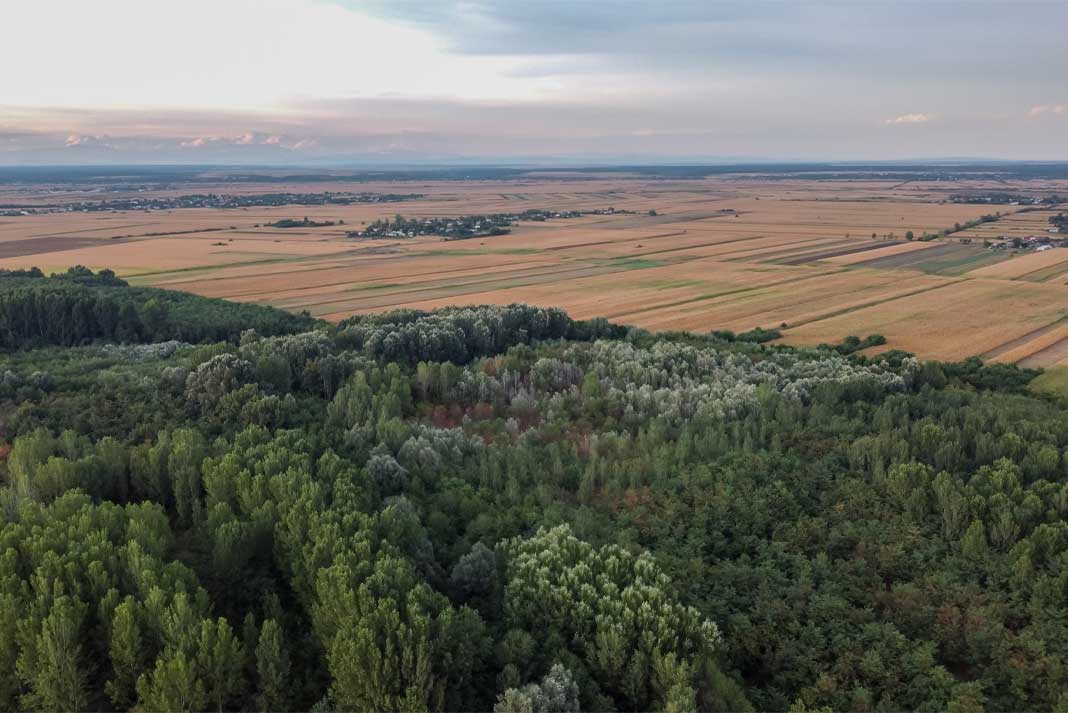Navigating the World of Hunting Leases
Ever dreamt of having exclusive access to prime hunting land? Hunting leases offer a pathway to fulfilling that dream. But how do these agreements actually work? Whether you’re a landowner seeking to generate income from your property or a hunter tired of crowded public lands, understanding the fundamentals of hunting leases is crucial. This comprehensive guide will break down the process, outlining everything you need to know about securing or offering a hunting lease.
What Exactly is a Hunting Lease?
At its core, a hunting lease is a legal agreement between a landowner and a hunter (or a group of hunters) that grants the hunter(s) the exclusive right to hunt on a specific property for a defined period in exchange for payment. Think of it as renting the hunting rights to a piece of land, much like you would rent an apartment or a car. The landowner retains ownership of the property, but temporarily relinquishes the right to hunt to the lessee(s).
Benefits for Hunters
For hunters, hunting leases offer several significant advantages:
- Exclusive Access: The primary benefit is having private access to land, free from the competition and potential disturbances often encountered on public hunting areas. This exclusivity can lead to a more enjoyable and successful hunting experience.
- Land Management Opportunities: Often, long-term hunting leases allow hunters to actively participate in habitat management practices, such as food plot development, trail maintenance, and predator control. This can enhance the quality of the hunting over time.
- Predictability and Consistency: Knowing you have secured hunting rights on a specific property year after year provides predictability and allows for better scouting and planning.
- Potential for Better Game Management: Private land often allows for more controlled harvest management, potentially leading to healthier and more mature game populations.
- Safety and Security: Hunting on private land under a hunting lease can sometimes feel safer and more secure compared to the often-unmonitored nature of some public lands.
Benefits for Landowners

Landowners also stand to gain from establishing hunting leases:
- Generating Income: A primary incentive is the opportunity to generate supplemental income from their property without having to sell it or actively manage hunting themselves.
- Property Management and Security: Responsible lessees can act as extra eyes and ears on the property, potentially deterring trespassers and reporting issues.
- Wildlife Management Assistance: Hunters may be willing to assist with wildlife management goals, such as managing deer populations to reduce crop damage.
- Potential for Property Improvements: Some hunting lease agreements may stipulate that lessees will undertake certain property improvements or maintenance tasks.
- Liability Considerations (with proper agreements): While crucial to address carefully in the lease agreement, proper insurance and well-defined terms can help manage landowner liability.
Key Components of a Hunting Lease Agreement
A well-written hunting lease agreement is essential to protect the interests of both the landowner and the hunter. Key components typically include:
- Identification of Parties: Clearly names the landowner(s) and the hunter(s) involved in the agreement.
- Description of the Property: Provides a precise legal description or clearly defined boundaries of the leased hunting land, often including maps.
- Term of the Lease: Specifies the start and end dates of the hunting lease, including any options for renewal.
- Payment Terms: Outlines the total lease fee, payment schedule, and acceptable methods of payment.
- Hunting Rights Granted: Clearly states what species can be hunted, during what seasons (adhering to state regulations), and any restrictions on hunting methods (e.g., archery only, no trapping).
- Number of Hunters: Specifies the maximum number of individuals permitted to hunt under the hunting lease.
- Use of the Property: Details what activities are allowed beyond hunting (e.g., camping, fishing, building blinds), and any prohibited activities (e.g., timber cutting, ATV use in restricted areas).
- Landowner’s Rights and Access: Outlines the landowner’s rights to access the property for specific purposes (e.g., farming, maintenance) and any notification requirements.
- Lessee’s Responsibilities: Details the hunter’s obligations, such as maintaining gates, repairing damage, removing trash, and adhering to all applicable laws and regulations.
- Liability and Insurance: Addresses liability for accidents or injuries and may require the lessee to carry insurance. This is a critical aspect of any hunting lease.
- Termination Clause: Specifies the conditions under which either party can terminate the hunting lease before the expiration date (e.g., breach of contract, property damage).
- Governing Law: Indicates the state law that will govern the interpretation and enforcement of the agreement.
- Signatures: Requires the signatures of all parties involved to make the hunting lease legally binding.
It is highly recommended that both landowners and hunters consult with legal counsel when drafting or reviewing a hunting lease agreement to ensure their interests are adequately protected and the terms are clear and enforceable.
Finding and Securing a Hunting Lease

For hunters looking to secure a hunting lease, several avenues can be explored:
- Networking: Talk to friends, family, and local contacts who may know of landowners interested in leasing their hunting rights.
- Online Platforms: Numerous websites and online marketplaces specialize in connecting landowners with hunters seeking hunting leases.
- Local Real Estate Agents: Some real estate agents, particularly those specializing in rural properties, may handle hunting leases.
- Direct Contact with Landowners: Identify properties that look promising and reach out directly to the landowners. Be prepared to introduce yourself and explain your interest in a respectful and professional manner.
When approaching a landowner, be prepared to discuss:
- Your hunting experience and ethical hunting practices.
- The size of your hunting group.
- The species you are interested in hunting.
- Your willingness to abide by the landowner’s rules and regulations.
- Your understanding of the responsibilities involved in a hunting lease.
Landowners seeking to lease their property should:
- Determine the Value: Research comparable hunting leases in their area to establish a fair and competitive lease rate. Factors to consider include property size, habitat quality, game populations, and amenities.
- Establish Clear Rules and Regulations: Define what hunting activities are permitted, any restrictions on access or use of the property, and expectations for lessee behavior.
- Screen Potential Lessees: Interview potential hunters, check references if possible, and ensure they understand and agree to the terms of the hunting lease.
- Obtain Adequate Insurance: Consult with their insurance provider to ensure they have appropriate liability coverage for activities on their property.
- Document Everything: A comprehensive written hunting lease agreement is non-negotiable.
Key Considerations for a Successful Hunting Lease
A successful hunting lease is built on mutual respect, clear communication, and a shared understanding of expectations. Both landowners and hunters should prioritize:
- Open Communication: Maintain regular and open communication to address any questions or concerns that may arise.
- Respect for the Land and Property: Hunters should treat the leased property as if it were their own, minimizing their impact and respecting the landowner’s property.
- Adherence to Laws and Regulations: Both parties are responsible for adhering to all federal, state, and local hunting laws and regulations.
- Ethical Hunting Practices: Hunters should practice fair chase and ethical hunting methods.
- Regular Property Inspections (by both parties): Periodic inspections can help identify any potential issues or needed maintenance.
Conclusion
Hunting leases provide a valuable mechanism for connecting landowners with hunters, offering benefits for both parties. For hunters, they offer exclusive access to private land and enhanced hunting opportunities. For landowners, they can generate income and provide property management benefits. By understanding the fundamentals of how hunting leases work, including the essential components of a lease agreement and the key considerations for a successful partnership, both landowners and hunters can navigate this world effectively and unlock their hunting dreams or maximize the value of their land. Remember, a well-defined and mutually respected hunting lease is the foundation for a positive and rewarding experience.
